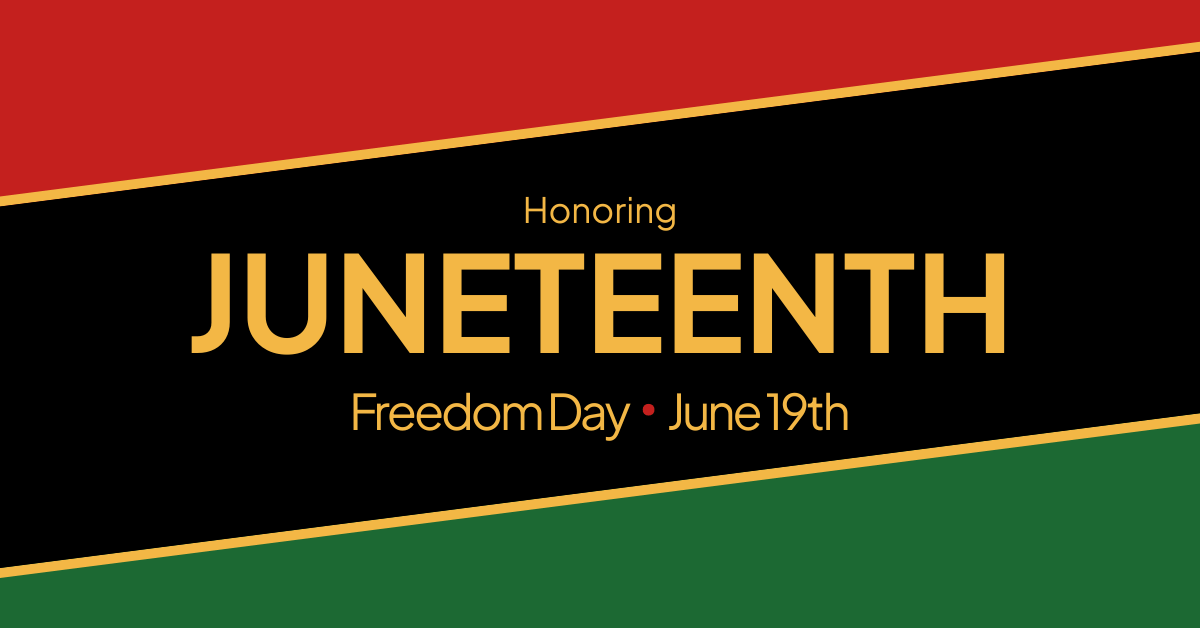RMMFI is a community, and that means information and support is not one directional. The entrepreneurs in our programs have a wealth of knowledge and experience to share with our staff, their peers, and volunteers. We seek to tap that expertise by intentionally creating opportunities for peer mentoring and community-led programming.
For our monthly Graduate Workshops, we always start by looking within the entrepreneur community when recruiting facilitators. Recent examples of entrepreneur-led workshops include a bookkeeping workshop with Rachelle Lukusa (Lukusa Business Concierge Services), a hiring and outsourcing workshop with Jessi Burg (Pears to Perennials), and a pop-up market workshop with Panya Heard (DittyPop Smoothies).
 We also encourage boot camp graduates to volunteer as mentors themselves. After graduating from Aurora Class #5 of Business Launch Boot Camp, Katy Gruenbaum volunteered to serve as an Accountability Coach for the next cohort. Katy is plenty busy with her own sustainable landscaping and gardening business, New Earth: on top of the 60-75 individual clients she has each year, Katy is working on multiple larger projects, including an 80-acre greenhouse and botanic garden build in Conifer. Still, Katy made the time to mentor because she wanted to stay connected to the RMMFI network and help others benefit from the program. Through her own experience, Katy saw firsthand how valuable the community and structure provided in boot camp can be for new business owners. She believed it was important for there to be fellow entrepreneurs on the mentor teams to provide that unique perspective and experience. As an Accountability Coach, Katy was able to pull out her own notes from the program, share what to expect, and alleviate some of the fears entrepreneurs often feel at the start of boot camp. Katy also found herself continuing to learn as a mentor, growing her own business skills alongside the entrepreneur she was coaching.
We also encourage boot camp graduates to volunteer as mentors themselves. After graduating from Aurora Class #5 of Business Launch Boot Camp, Katy Gruenbaum volunteered to serve as an Accountability Coach for the next cohort. Katy is plenty busy with her own sustainable landscaping and gardening business, New Earth: on top of the 60-75 individual clients she has each year, Katy is working on multiple larger projects, including an 80-acre greenhouse and botanic garden build in Conifer. Still, Katy made the time to mentor because she wanted to stay connected to the RMMFI network and help others benefit from the program. Through her own experience, Katy saw firsthand how valuable the community and structure provided in boot camp can be for new business owners. She believed it was important for there to be fellow entrepreneurs on the mentor teams to provide that unique perspective and experience. As an Accountability Coach, Katy was able to pull out her own notes from the program, share what to expect, and alleviate some of the fears entrepreneurs often feel at the start of boot camp. Katy also found herself continuing to learn as a mentor, growing her own business skills alongside the entrepreneur she was coaching.
When entrepreneurs lead workshops or serve as mentors, they do more than provide their expertise as business owners; they also create a network of shared success. As Panya put it when asked why she wanted to be a facilitator, “Pay it forward is more than a movie title or an affirmation; it’s a call to action. Small business has a better chance becoming successful with a supportive community.”



